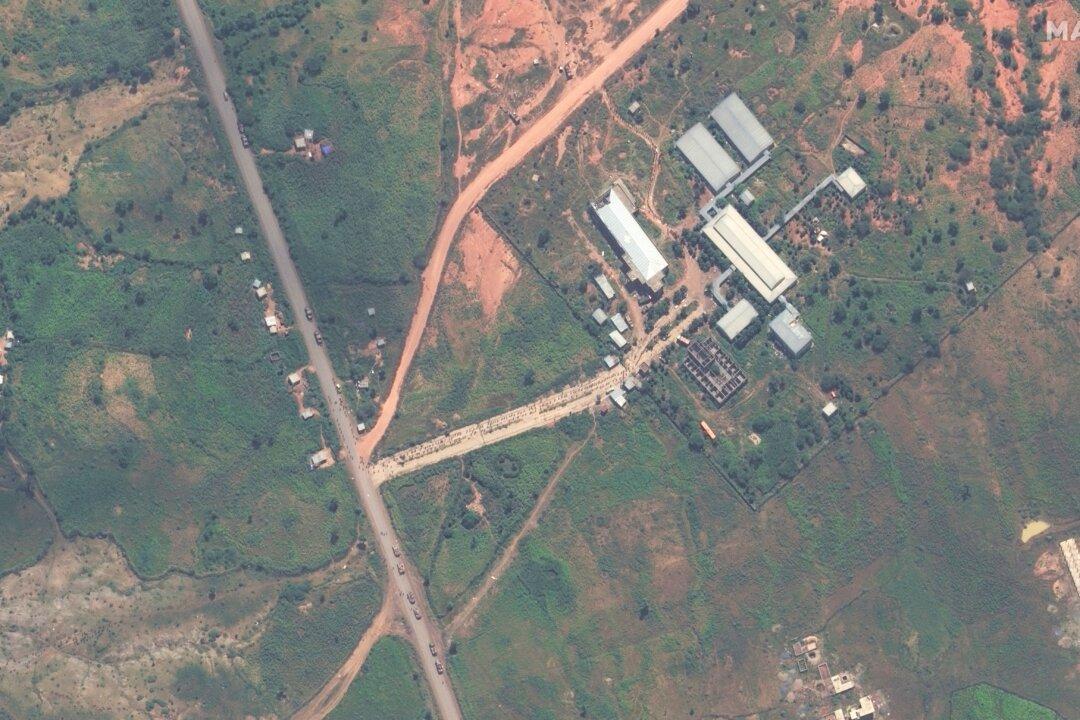NAIROBI—Ethiopia’s government and rival Tigrayan forces said on Wednesday they have accepted an invitation by the African Union (AU) to participate in peace talks aimed at ending a two-year conflict.
The conflict has killed thousands of civilians and uprooted millions. Both sides had previously said they were prepared to participate in AU-mediated talks but intense fighting has continued to rage across Tigray, a northern region bordering Eritrea.





